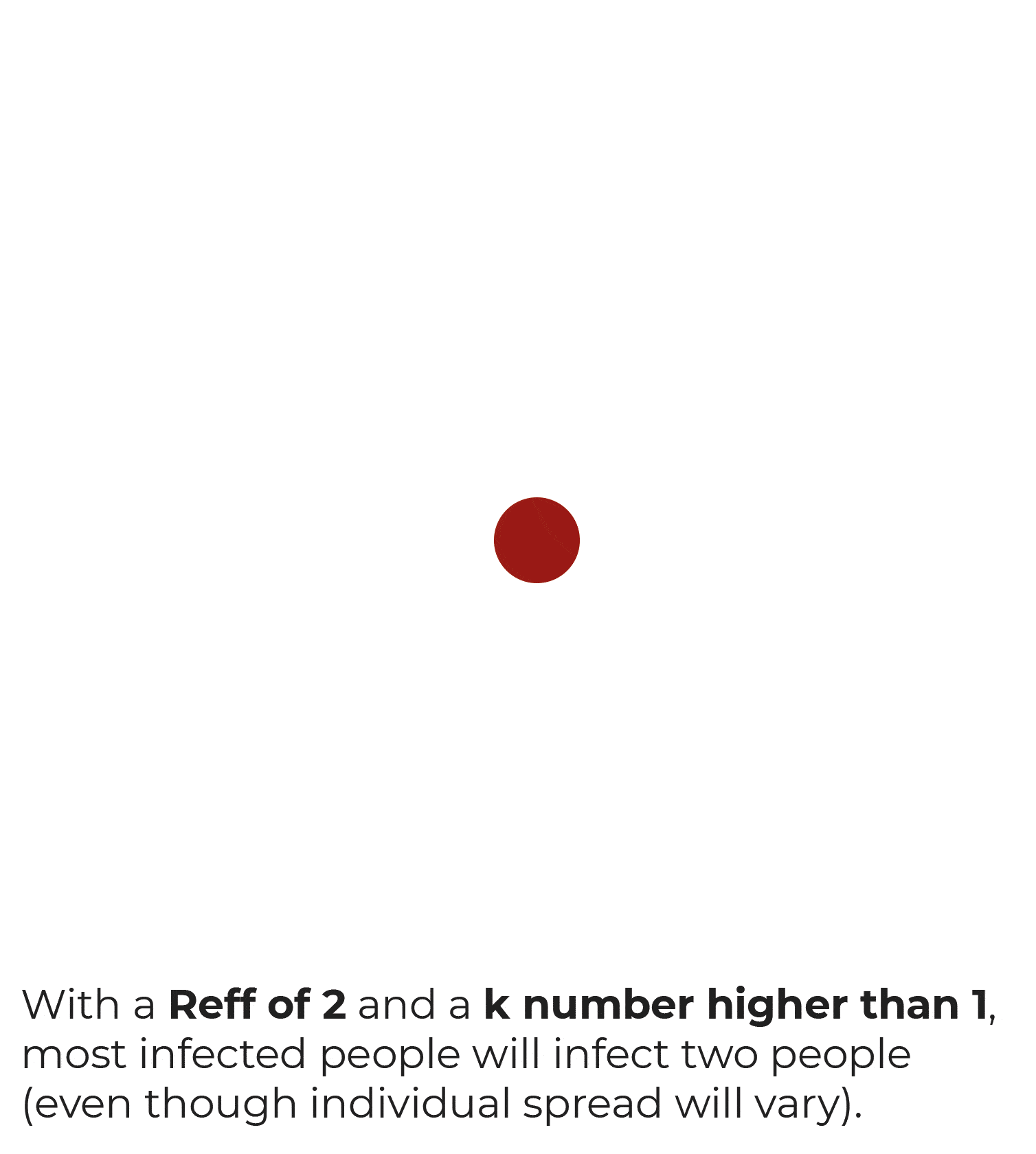It seems that it is time for slang names for the police, such as the cops or the rozzers, to make way for the latest American import which is the popo. This is a Californian slang term from the 1980s which has taken a little while to become popular here.
ZG: 7
This one is clearly a bit of fashionable slang that is on the rise.
Read More


















